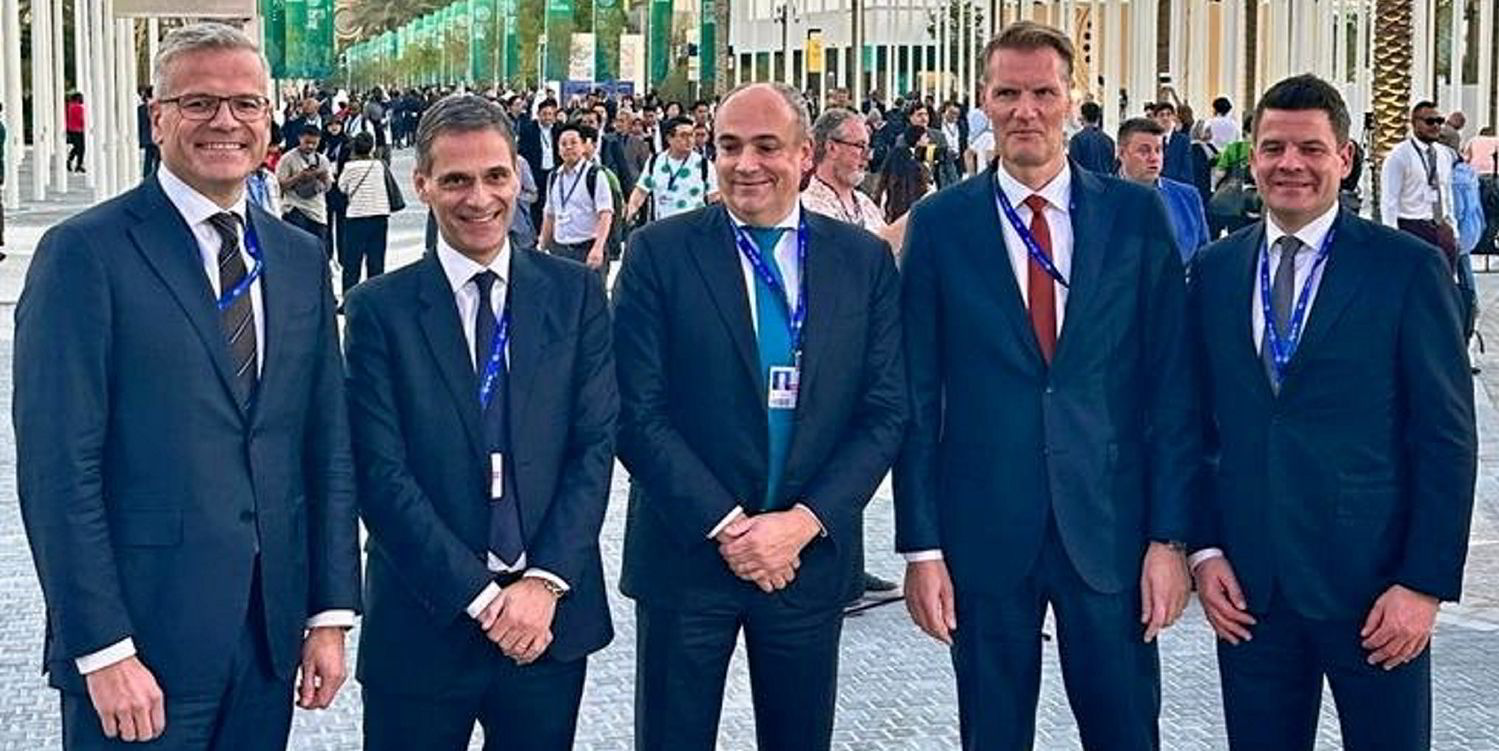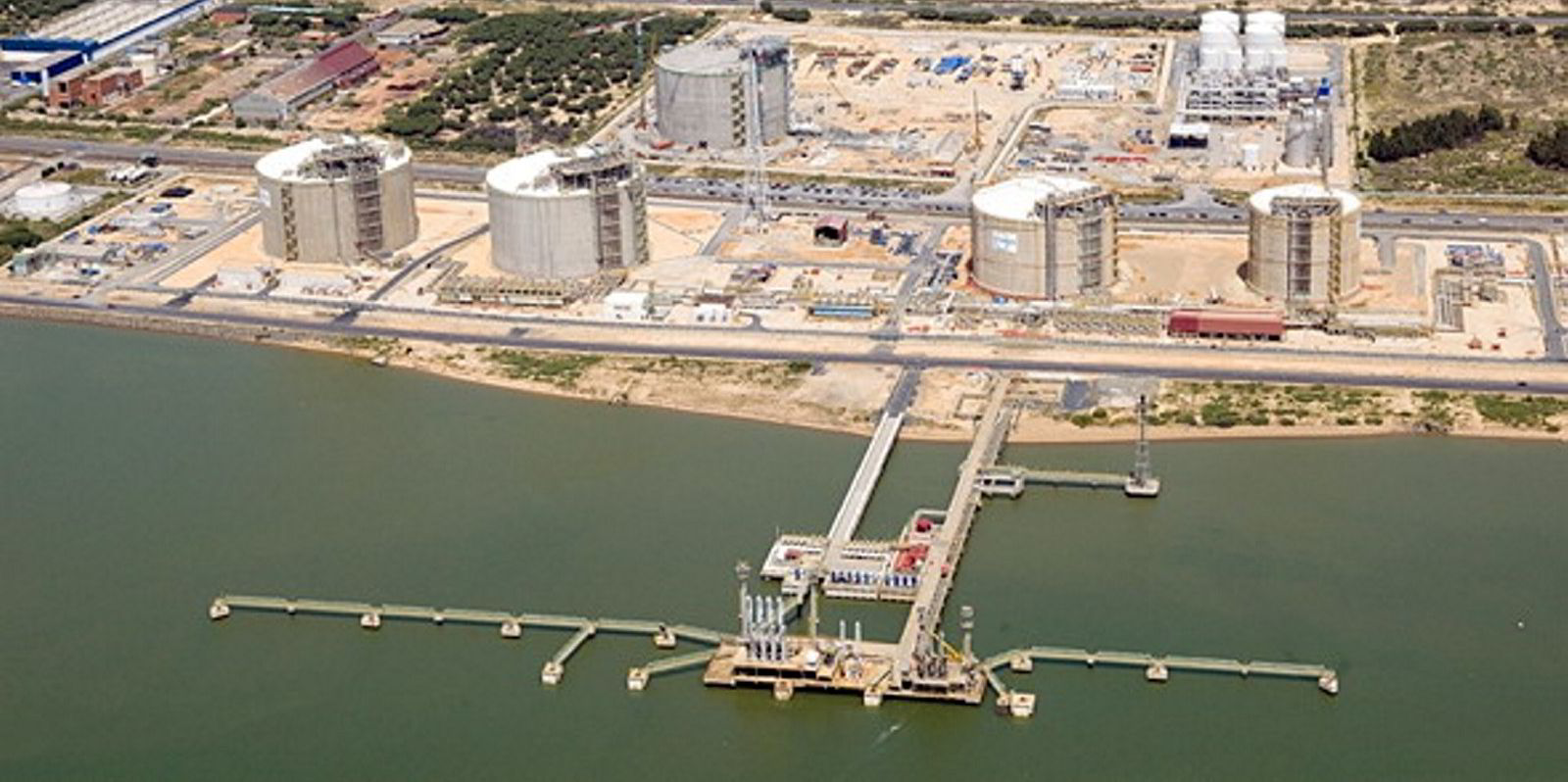The CEOs of five global shipping lines have called on politicians to name a date to ban fossil-fuel powered newbuildings.
The companies — CMA CGM, AP Moller-Maersk, Hapag-Lloyd, Wallenius Wilhelmsen and MSC Mediterranean Shipping Company — did not identify a date for the fossil-fuel ban.
But the chief executives said in a joint declaration at the COP28 summit in Dubai that the only way for the industry to achieve its decarbonisation goals is to transition to green fuels quickly and on a large scale.
The end date is part of a strategy to encourage fair and fast decarbonisation and provide incentives for owners to make their ships greener.
Other measures include an effective greenhouse gas pricing mechanism and a clear timetable for cutting emissions to encourage investment.
Rolf Habben Jansen, CEO of Hapag-Lloyd, said: “We believe that a regulatory framework and clear targets are crucial to accelerating the introduction of alternative fuels and reducing our carbon footprint.”
Shipping is responsible for 2%-3% of global greenhouse gas emissions. The International Maritime Organization aims for the industry to be net zero by 2050.
But that would require huge levels of investment in fuels and bunkering infrastructure and a shift to ships running on cleaner fuels.
A World Economic Forum report said this week that building new fleets of ships capable of running on zero-emission fuels, and retrofitting existing ones, requires up to $450bn in investment.
That adds 47% — or $17bn — to the annual costs of owners, which currently stands at about $36bn, according to the report, potentially increasing the cost of a single shipment by 80%.
Read more
- Global crew training for low-carbon shipping to be revealed at COP28
- COP28: Shipping to state its case in battle for new fuel stocks
- Global clean fuel network set to cost $2.1trn
- UAE makes radical U-turn to back tougher emission target ahead of crunch meetings
- Jasmin Fichte: More needs to be done in the field of alternative fuels




